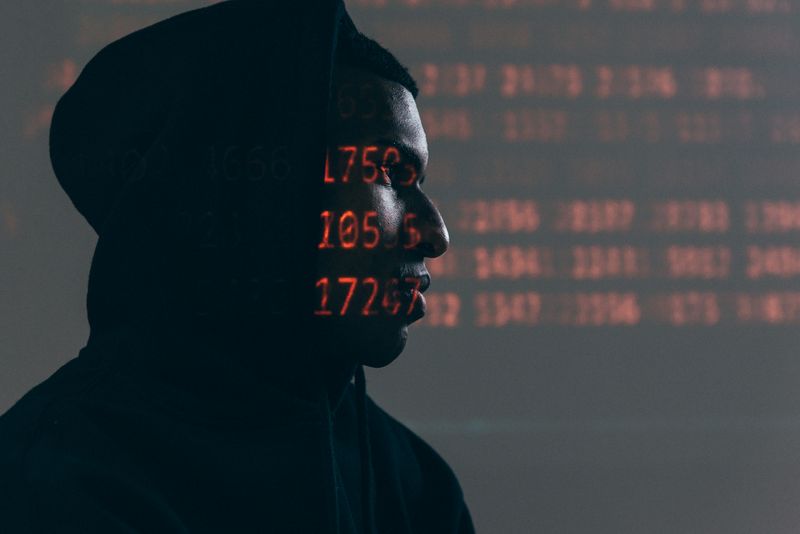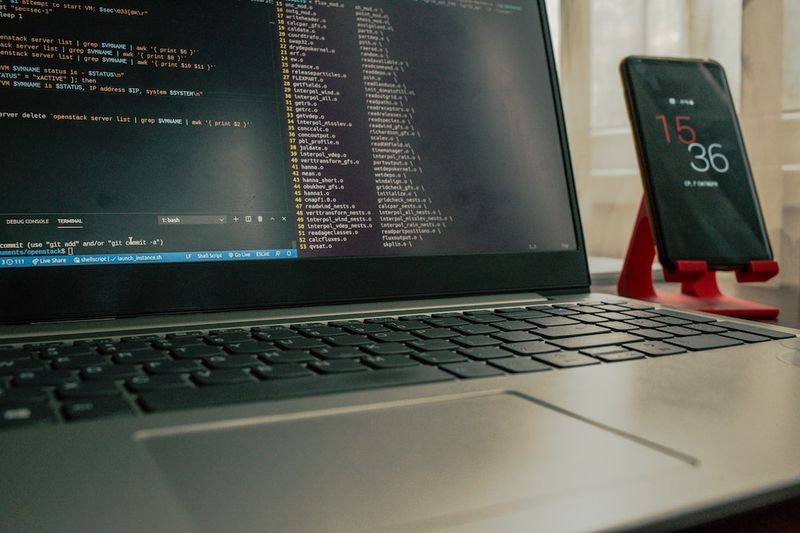Russian Ransomware Gang Breaches the Energy Department and Other Federal Agencies
Introduction
The Department of Energy and several other federal agencies were breached by a Russian cyber-extortion gang in a global hack of a file-transfer program called MOVEit, according to cybersecurity firm SecurityScorecard. While the impact on the Energy Department and other federal agencies is expected to be minimal, the hack has had serious consequences for numerous other organizations, including state motor vehicle agencies and higher education institutions. However, officials from the Cybersecurity and Infrastructure Security Agency (CISA) have stated that this attack is largely opportunistic and does not present a systemic risk to national security or the nation’s networks.
Details of the Breach
The Russian cyber-extortion gang, known as Cl0p, targeted vulnerable MOVEit servers across 790 organizations, including 200 government agencies. The program is widely used by businesses to securely share files, which can include sensitive financial and insurance data. Some known victims include Louisiana’s Office of Motor Vehicles, Oregon’s Department of Transportation, the Nova Scotia provincial government, British Airways, the British Broadcasting Company, and the drugstore chain Boots. Personal information, including names, addresses, Social Security numbers, and birthdates, has been exposed in these breaches.
The Nature of the Attack
Unlike the meticulous and stealthy SolarWinds hacking campaign attributed to state-backed Russian intelligence agents, this campaign was short, relatively superficial, and caught quickly. According to Jen Easterly, director of CISA, the intrusions are not being leveraged to gain broader access or steal high-value information. The attack is described as opportunistic rather than targeted. The U.S. military and intelligence community have not been affected. The extent of the breach on federal agencies is not yet clear, as the senior CISA official declined to name the agencies affected.
Response and Investigation
The cybersecurity firm SecurityScorecard detected 2,500 vulnerable MOVEit servers across 790 organizations. The parent company of MOVEit’s U.S. maker, Progress Software, alerted customers to the breach and issued a patch. However, cybersecurity researchers believe that sensitive data may have been quietly exfiltrated before the patch was applied. The Cl0p ransomware syndicate, responsible for the hack, announced on its dark web site that its victims had until a certain date to negotiate a ransom before their stolen data would be dumped online. Federal officials are encouraging victims to come forward, but the lack of a federal data breach law and varying disclosure requirements among states makes reporting inconsistent.
Internet Security and Advice
This attack highlights the ongoing threat of ransomware attacks and the vulnerabilities in popular file-transfer programs. Organizations should ensure they have strong cybersecurity measures in place, including regular patching and updates, multi-factor authentication, and employee training on recognizing and avoiding phishing attacks. It is also important to have an incident response plan in place to mitigate the impact of a potential breach. Additionally, organizations should consider consolidating their vendors and products to improve security efficiency and effectiveness.
Editorial and Philosophical Discussion
The constant stream of cyber-attacks, such as this ransomware breach, raises important ethical and philosophical questions about the balance between privacy, freedom, and security. As technology continues to advance, the risk of cyber threats and breaches becomes more prevalent. This calls into question how societies should navigate this digital landscape while protecting the rights and safety of individuals and organizations. It is crucial for governments, corporations, and individuals to work together to strengthen cybersecurity measures, share threat intelligence, and establish clear regulations and guidelines to address these growing challenges.
Conclusion
The breach of the Department of Energy and other federal agencies by a Russian cyber-extortion gang highlights the ongoing threat of ransomware attacks. While the impact on national security is minimal, the consequences for other organizations and individuals can be severe. This incident should serve as a wake-up call for organizations to prioritize cybersecurity measures and for governments to establish comprehensive regulations to address cyber threats. The protection of sensitive data and the prevention of future attacks should be a shared responsibility among all stakeholders.

<< photo by Mati Mango >>
The image is for illustrative purposes only and does not depict the actual situation.
You might want to read !
- Intriguing Investments: US Investors Eye NSO Group Assets Despite Blacklist
- MOVEit Customers Warned of Third Critical Vulnerability, Urged to Patch Immediately
- “Stealthy Tactics: Unmasking State-Backed Hackers’ Intrusions on Middle Eastern and African Governments”
- Unlocking the Future: AI-powered Remediation Revolutionizes IaC Security with KICS
- Russian Hackers Face Legal Action for Crypto Exchange Attack: Analysis
- Russian National Indicted for Ransomware Attack on D.C. Police: A Look at the Growing Cybersecurity Threat from Russian Hackers
- Microsoft Investigates Massive DDoS Attack Behind Azure, Outlook, and OneDrive Outages




